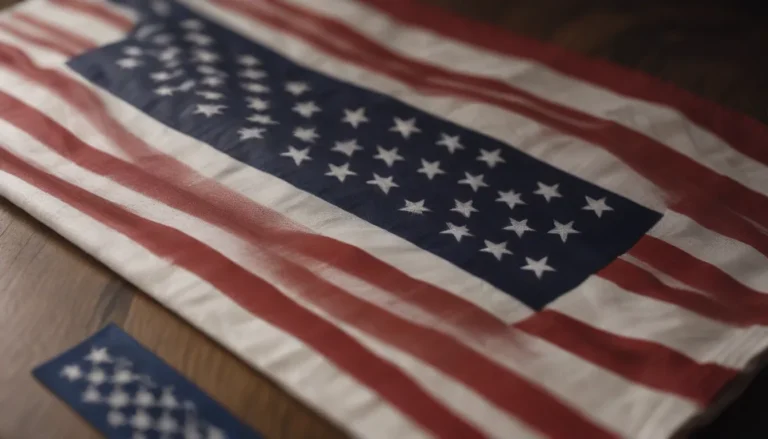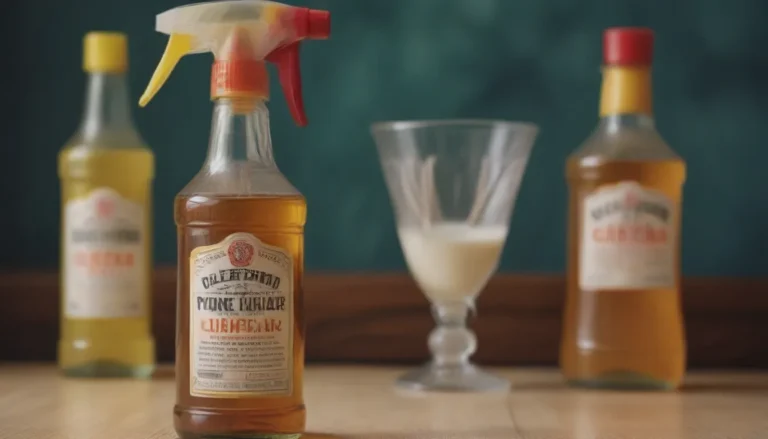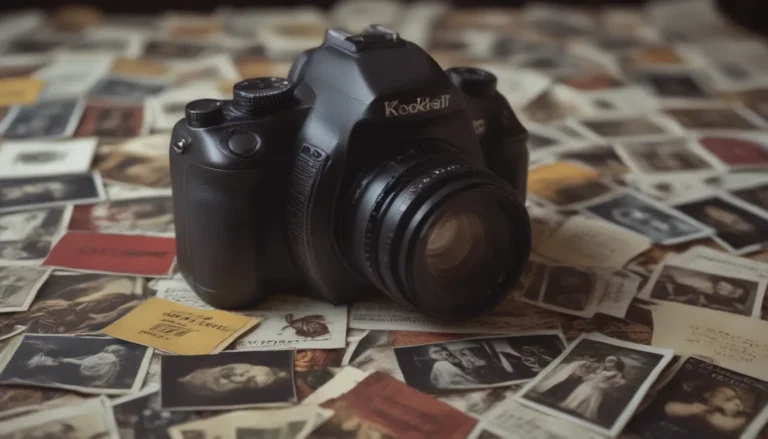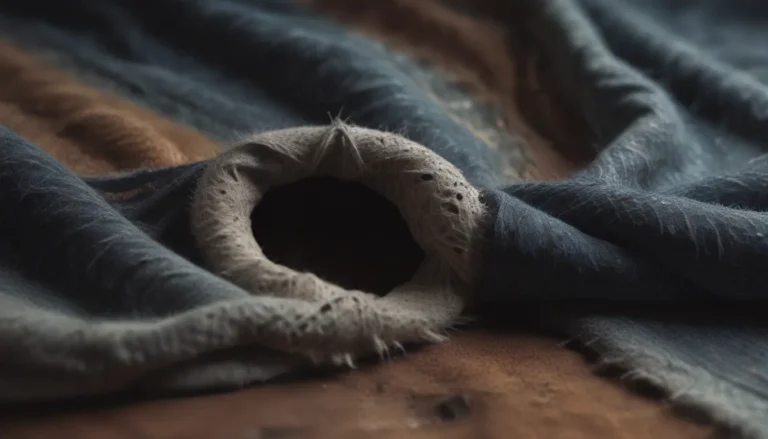How to Remove Hard Water Stains from Laundry and Improve Cleaning Results
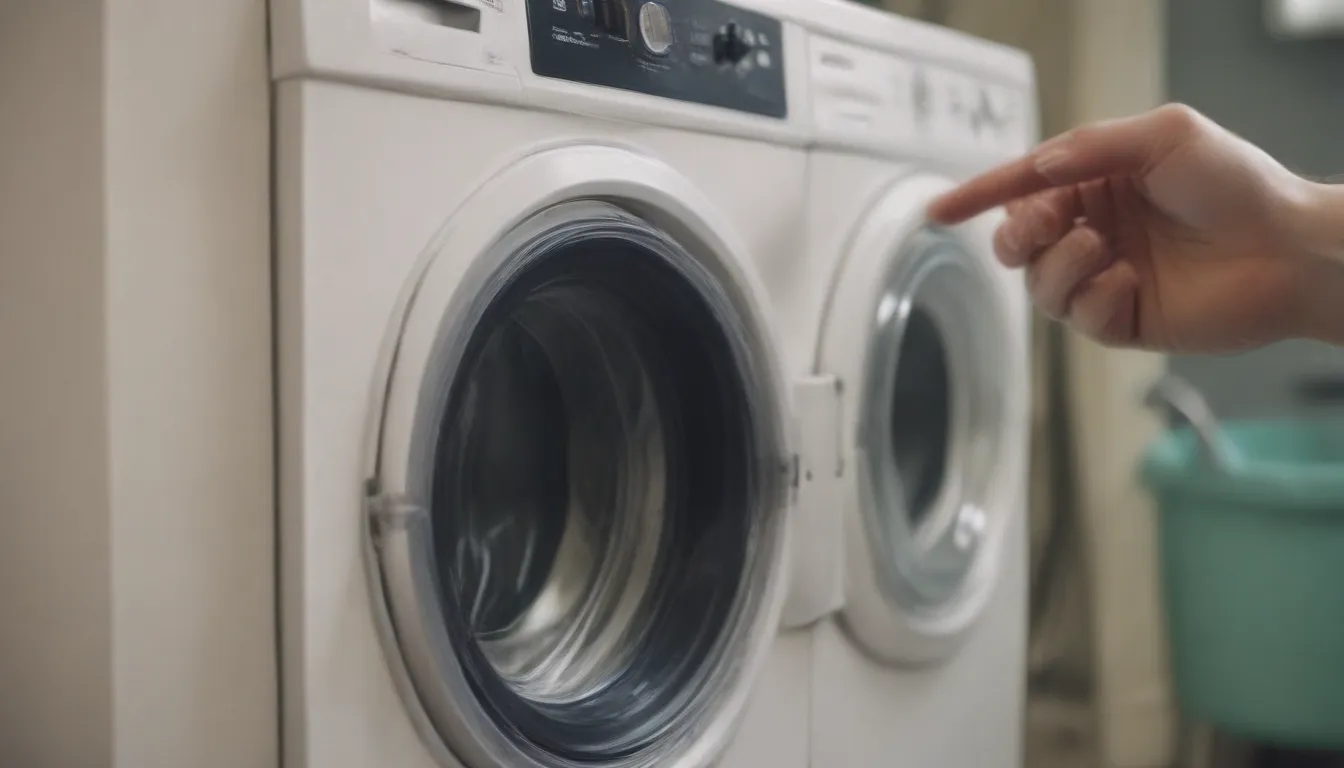
Have you ever noticed that your clothes, sheets, or towels are not looking as clean and fresh as they should? It could be due to hard water, a common issue that affects 85 percent of households in America. Hard water contains high levels of calcium and magnesium, which can leave your laundry feeling stiff, covered in residue, and looking dull. In this guide, we will explore what hard water is, the problems it can cause for laundry, and the best solutions to achieve cleaner and brighter clothes.
Understanding Hard Water
Hard water is characterized by its high mineral content, specifically calcium and magnesium. The more concentrated these minerals are in the water, the harder the water becomes. When you wash your clothes in hard water, the calcium and magnesium ions attach to the fabric fibers, leaving behind a stubborn residue that dulls colors and makes fabrics feel rough to the touch. In extreme cases, these mineral deposits can even damage the fabric fibers, leading to holes in your clothing.
If you are unsure whether you have hard water, you can contact your water provider or have your water tested by a professional. This is especially important if you use well water, as the mineral content can vary significantly.
Common Hard Water Laundry Problems
Some common issues associated with hard water laundry include:
- Stiff, scratchy fabrics
- Residue or soap scum on clothes
- Fading colors
- Increased detergent usage
- Higher energy bills due to using hot water
If you have experienced any of these problems, it might be time to take action to improve your laundry results.
Selecting the Right Laundry Detergent
When washing clothes in hard water, it’s essential to choose the right laundry detergent to maximize cleaning effectiveness. Here are some tips to help you select and use laundry detergents in hard water:
- Consider using a liquid laundry detergent, as they contain nonionic surfactants that are resistant to water hardness.
- Opt for a heavy-duty detergent over a bargain brand, as they typically offer better cleaning ingredients.
- Add 1/2 cup of laundry borax to each load to help soften water and boost detergent performance.
Additionally, if you prefer to make your own laundry detergent, be sure to increase the amount of borax to account for the challenges of hard water. Soap-based detergents may not perform well in hard water, so adding extra borax can help improve cleaning results.
Softening Hard Water for Laundry
One of the most effective ways to combat hard water stains on clothes is to soften the water in your washing machine. Here are some methods for making your laundry water softer:
- Use nonprecipitating ion-exchange water softeners, available at most grocery stores or online.
- Consider installing a water softener system that exchanges sodium for calcium and magnesium ions.
- Be cautious if you are on a sodium-restricted diet, as a water softener can increase the sodium content of your water.
Recent studies have shown that using softened water in washing machines can lead to a 50 percent reduction in detergent usage. Softened water also allows for lower wash temperatures without compromising stain removal, saving energy and money in the long run.
Removing Hard Water Stains from Clothes
If you are dealing with hard water stains on your laundry, there are steps you can take to restore your clothes to their former glory. Here’s how to tackle hard water stains:
- Fill the washer with hot water and add four times the normal amount of detergent and one cup of water conditioner.
- Soak the clothes overnight, then drain and spin without agitating.
- Launder the garments using a regular cycle with no detergent and one cup of water conditioner.
- If necessary, repeat the process until no suds appear during rinses.
For stubborn mineral and detergent stains, soaking fabrics in a solution of vinegar and water can help break down residue and restore brightness to your clothes.
Conclusion
Dealing with hard water stains on laundry can be frustrating, but with the right techniques and products, you can achieve cleaner and brighter clothes. By choosing the appropriate laundry detergent, softening your water, and addressing existing stains, you can transform your laundry routine and enjoy fresh, pristine textiles every time.
Remember, the key to successful hard water laundry is prevention and maintenance. By taking proactive steps to soften your water and care for your clothes properly, you can say goodbye to dingy, stiff laundry and hello to vibrant, soft fabrics. Don’t let hard water get in the way of enjoying clean clothes – take control of your laundry routine today!
